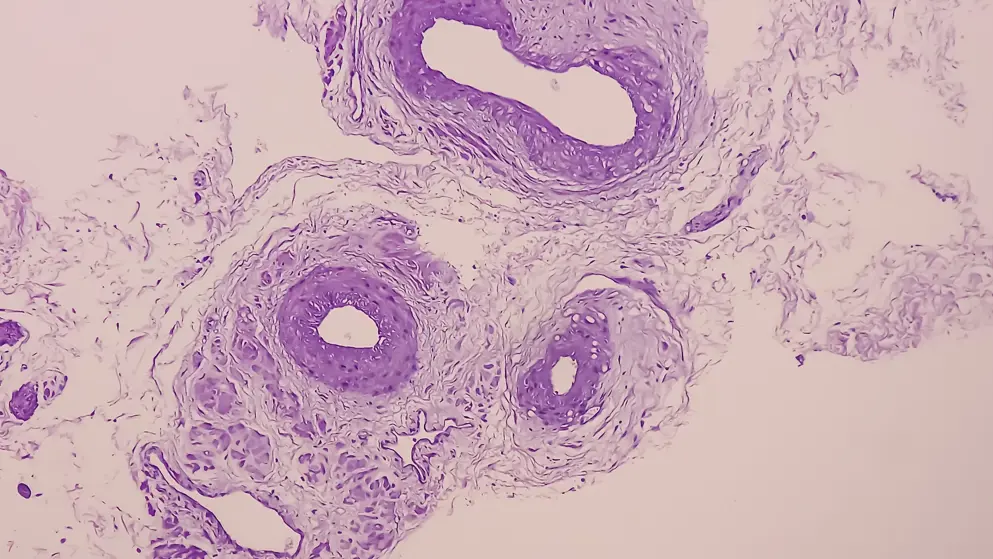
Black men face gaps in prostate cancer care
Qualitative evidence shows significant disparities in early prostate cancer diagnosis among Black men, driven by systemic, cultural, and communication barriers, but community-based and culturally tailored interventions can facilitate earlier diagnosis and healthcare service engagement.
The study, published in BMC Public Health, collected qualitative data from 13 Black African or Black Caribbean men in North East England and Scotland <45 years of age. Floor Christie-de Jong (University of Sunderland, UK) and co-authors state that “barriers and facilitators were complex and multifaceted” and “structural barriers to accessing healthcare and experiences of racism need to be addressed.”
Identified barriers included lack of awareness and knowledge of prostate cancer risk, encompassing understanding symptoms, Black men’s increased risk, or thinking it only affects older men. While health education was identified as a facilitator, the authors comment that “the complexity of the barriers suggests that health education, raising awareness, and possessing knowledge alone are not enough.”
The authors identified communication, language, and health literacy as barriers to prostate cancer care. Language was a critical aspect; the participants expressed a need for culturally resonant, multilingual prostate cancer information and highlighted a preference for learning from members of their own community, including religious leaders. The researchers conclude clear, accessible communication co-developed with target communities is key.
Institutional racism, discrimination and bias, and cultural insensitivity across health services are significant barriers for Black and ethnic minority groups. One example highlighted by a participant was routine use of skin color as a health indicator despite its relevance primarily to White people. Therefore, the authors suggest cultural humility training is needed that “embraces a mindset of continuous learning, prioritizing curiosity and self-reflection.”
Lack of trust in healthcare services, Western systems, and GPs individually, associated with a lack of personal connection, was another barrier. This mistrust is partnered with healthcare access challenges and the feeling of not being taken seriously by “gatekeepers” in healthcare services. One participant stated, “With the receptionists… you have to prove to them that you are sick before they want to give you an appointment.’’
Social stigma and reluctance to discuss intimate or sensitive issues to avoid appearing vulnerable were also barriers to seeking prostate cancer care, particularly for older men. Religious factors were also identified as both barriers and facilitators. For example, some participants held the belief that God wanted them to live or supported healthcare providers, which promoted health checks. On the other hand, the belief that “if you pray it will go away” was a potential barrier to seeking healthcare. Involving trusted members of the community in prostate cancer communication, encouragement from family, and utilizing Black prostate cancer survivors’ testimonials were all mentioned as possible facilitators to address these barriers.
Study limitations included the small number of self-selected, mostly young, highly educated, and Christian participants – and that socioeconomic data were not collected and other religions not represented. However, the small group allowed focused and deeper exploration of individual issues.
Developed by EPG Health for Medthority, independently of any sponsor.
of interest
are looking at
saved
next event



